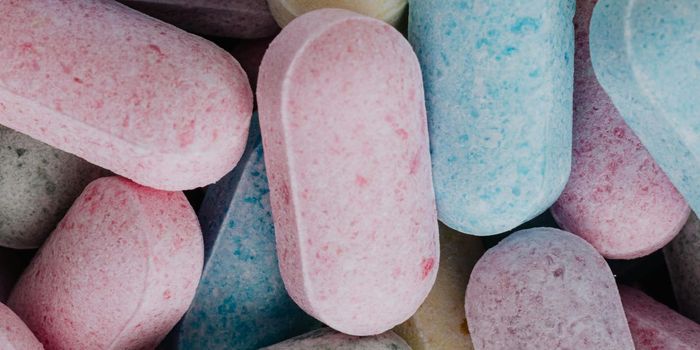Shortcuts in Drug Development may Cause Long Term Damage
As the COVID-19 pandemic continues to surge, pharmaceutical companies, research centers and governments have been quick to try to develop treatments. Some worry however that hasty trials and lax regulations may cause more harm than good in the long term.
In an article published by Science on April 23, bioethicists Jonathan Kimmelman from McGill University and Alex John London of Carnegie Mellon University argue that although doctors should be able to use experimental drugs on desperately ill patients, shortcuts should not be taken on proper science.
In particular, the bioethicists highlight a study published in the New England Journal of Medicine about the experimental antiviral drug, remdesivir. The majority of patients (68%) involved in the research had improved symptoms after taking the drug. However, as the study was not conducted alongside a placebo-controlled group, they argue that it cannot be taken as proof of the drug’s efficacy against COVID-19.
Although the lack of control group is clearly stated on the paper, the bioethicists warn that it is not enough to ensure that doctors will be cautious with its usage as they may not have time to delve into the details.
Moreover, in times of public panic, the media is fast to exaggerate the effects of possible saviors, and thus misinform readers who are desperate for a solution. This misinformation may then damage chances of being able to conduct a proper controlled, clinical trial later on. After all, would a drug already have a reputation for being an effective treatment, many may be reluctant to join a placebo group to test its true efficacy, as they already believe in the treatment. This means that it may be harder to properly test drugs in the future, and leave potentially ineffective, or dangerous, treatments on the market.
The bioethicists caution that are plenty of examples of drugs that seemed promising from small clinical trials, but performed poorly on designed clinical trials. They say that the field of Alzheimer’s disease has a lot of such examples. While many drugs seemed very promising in phase II trials, upon more scrutiny, they proved to be ineffective and perhaps even harmful. Although the bioethicists agree that some breakthroughs are possible without clinical trials, such as with penicillin, they say that they are very rare. Kimmelman says, “It turns out that most drugs have small effects, and you need to observe them in a lot of patients in order to be able to detect a clear signal that they are beneficial.”
“I think some people think we’re going to hit a home run or a grand slam (with a new drug). Grand slams, both in baseball as well as in medicine, are extremely rare. Your strategy shouldn’t be to get grand slams all the time. It should be to get people on base. That’s much more realistic, and you can win a lot more games that way.”
Sources: Scientific American, Science, AHA Journals










